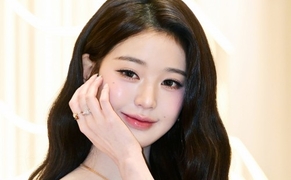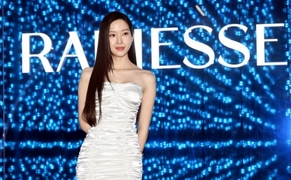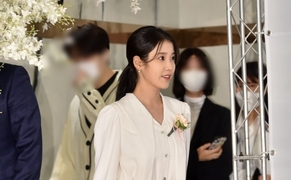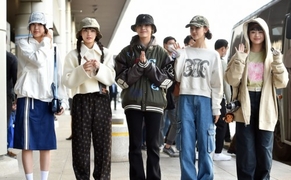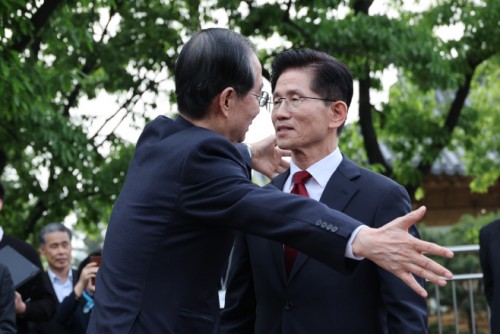 |
| Independent presidential candidate Han Duck-soo hugs Kim Moon-soo, presidential contender of the ruling People Power Party (PPP), after their meeting at a café at the National Assembly in Seoul on May 8. / Source: Yonhap News |
Presidential candidate Kim Moon-soo of the ruling People Power Party (PPP) and independent contender Han Duck-soo held a second meeting on May 8 to discuss a potential single candidacy, but talks ended with no agreement as both sides only confirmed their differences.
The two candidates met at 4:30 p.m. at the “Riverside Library” in the National Assembly and spoke to reporters afterward.
When asked whether he would accept a primary race if Han joined the party immediately, Kim said, “Of course,” adding, “Han says he won’t even register as a candidate unless the unity deal is reached before the registration deadline. For a party to go this far, engaging in all sorts of illegal acts to unify with a candidate like this, is unprecedented in history.”
Pressed for legal grounds on what he called “illegal acts,” Kim cited Article 74 of the PPP’s party constitution. “The presidential candidate has supreme authority over all party matters, including elections,” he said. “But the party leadership completely ignores these provisions and refuses to accept a single word of what I say. How is that acceptable?”
Responding to concerns about his lower approval rating compared to Han’s, Kim explained, “My support was initially high, but it dropped significantly as the controversy around Han emerged. Polls may say one thing, but being on the ground and campaigning is a different matter. That’s why I believe I should register.”
“Poll numbers aren’t fixed. They vary depending on the method and timing,” he added. “Once the official campaign begins, I believe my support will soar.”
Kim warned of consequences for the party’s actions, saying, “If we lose, I’ll be the biggest victim. The party members will be devastated, and the people will suffer. But from the night of my nomination, they said, ‘Do it immediately’ and refused to launch the campaign team until unification was settled. To undermine the official party candidate like this—there must be accountability.”
After Kim left, Han told reporters, “I’m sorry we couldn’t offer a clear solution on unification,” but stressed that, “for the sake of the nation and the people, nothing should overshadow the urgent matters we must address.”
Han laid out his vision, saying he aims to build “an internationally strong Korea, a wealthy nation at home, a country where people are happy, one that resolves trade disputes, strengthens the U.S.-Korea alliance, and deepens trilateral security cooperation with the U.S. and Japan to deter North Korean threats.” He added that he is also willing to hold unconditional talks with the North if needed, while showing understanding for the suffering of its people.
He emphasized his commitment to a “third way” rooted in liberal democracy and a market economy, while also protecting the socially vulnerable.
Importantly, Han said, “This unification is not something Kim and I can decide on our own. It’s not about our preferences. The people are calling for it, and they are pushing us in that direction. I’ll keep doing my best to achieve a good outcome.”
When asked whether he would retire from politics if the unification fails and the May 11 deadline passes, Han replied, “Entrusting national affairs to such a misguided government would destroy the miracle of the Han River that we’ve built. I believe the wise Korean people will never make such a choice.”
Most Read
-
1
-
2
-
3
-
4
-
5
-
6
-
7

















